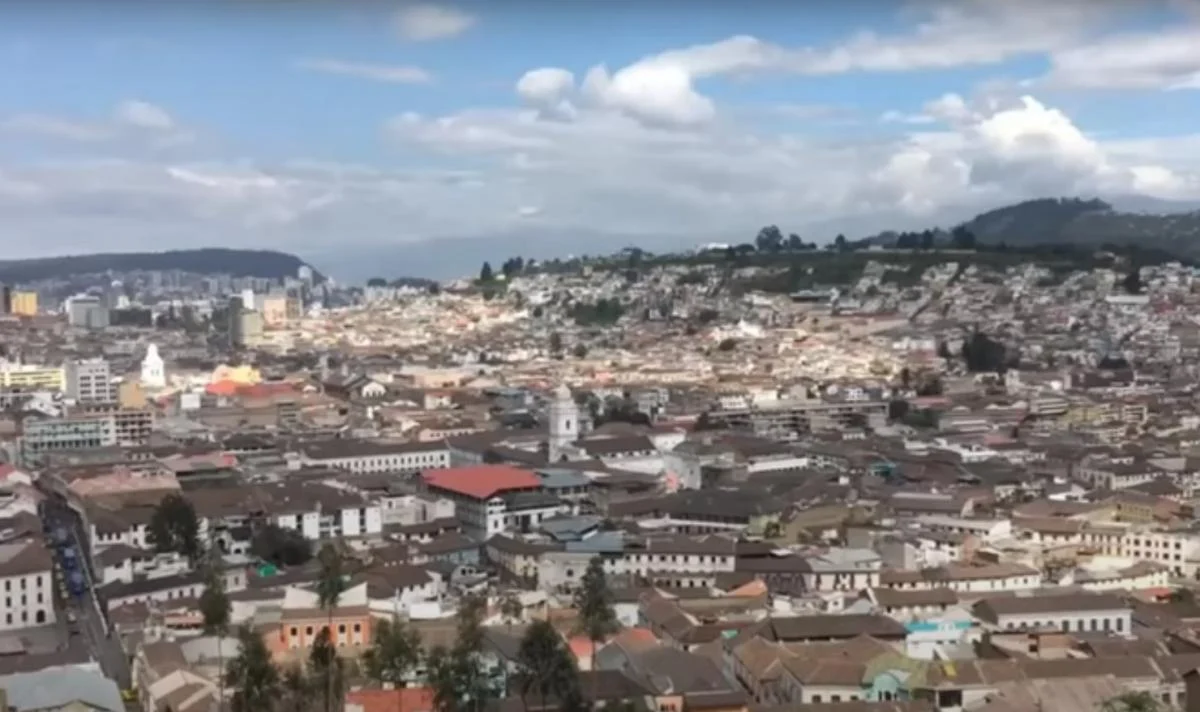Archaeologists have discovered a huge lost ancient city in the Amazon rainforest, home to at least 10,000 farmers around 2,000 years ago. A series of burial mounds and buried roads in Ecuador was first noticed more than two decades ago by archaeologist Stephen Rosstein. Science reports this.
Recent mapping using laser sensor technology has revealed that the sites were part of a dense network of settlements and connecting roads hidden in the forested foothills of the Andes that existed for about 1,000 years, it said.
“It was a lost valley of cities. It’s incredible,” said Rostain, who directs research at France’s National Center for Scientific Research.
According to the study, the settlements were inhabited by the Upano people between approximately 500 BC and 300-600 AD. e. – a period that roughly coincides with the Roman Empire in Europe.
“Residential and ceremonial structures, built on over 6,000 earthen mounds, surrounded agricultural fields with drainage channels. The largest roads were 33 feet wide and extended 6 to 12 miles,” the article says.
Some scientists believe that hundreds of thousands of people could have lived here. This is comparable to the approximate population of Roman-era London, Britain’s largest city.
“It shows a very dense occupation and an extremely complex society. It’s really in a special class for the region, given its antiquity,” said University of Florida archaeologist Michael Hackenberger, who was not involved in the study.
In turn, José Iriarte, an archaeologist at the University of Exeter, said that building the roads and thousands of earthen mounds would require a complex system of organized labor.
“The Incas and Mayans built with stone, but the people in the Amazon usually didn’t have stone to build with – they built with clay. It’s a huge amount of work. The Amazon is often thought of as an ‘unspoiled desert where only small groups of people live.’ But recent discoveries have shown us, how much more complicated the past is,” Iriarte said.

